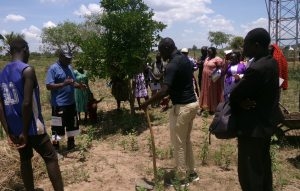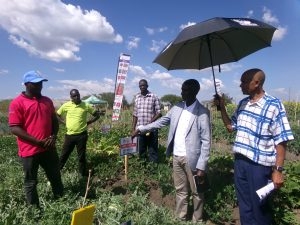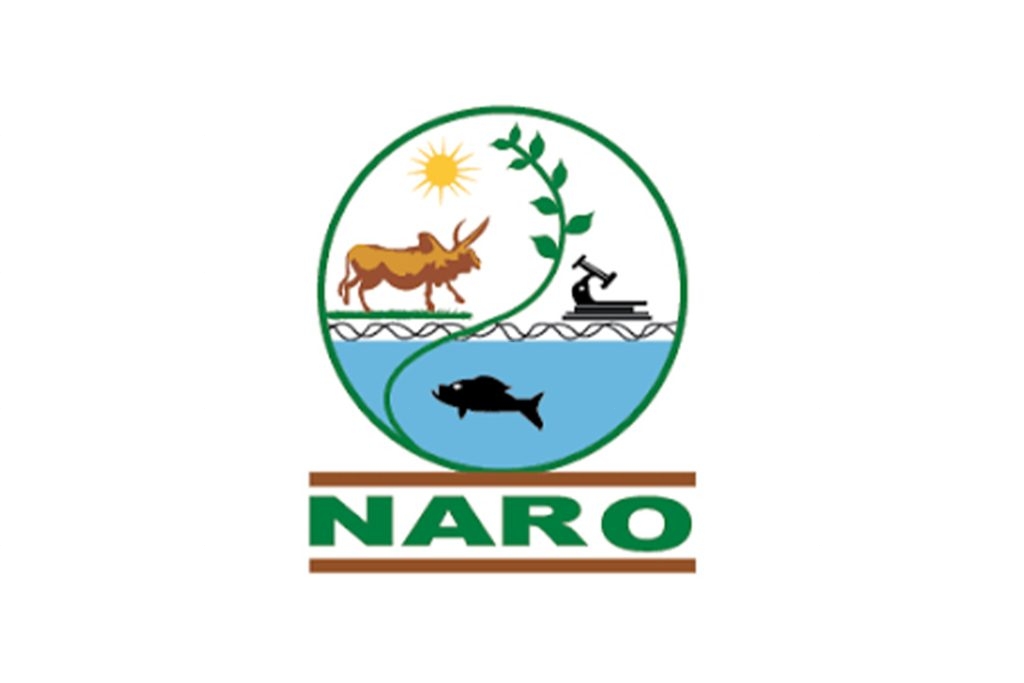Soroti, Uganda – Researchers from the National Agricultural Research Organization (NARO) have sounded a cautionary note to farmers in the Teso Sub-region, warning of potential declines in soil productivity if proper farming practices are not adopted. The warning was delivered to thousands of farmers gathered at the recently concluded Eastern Agricultural Trade Show held at Awoja Riverside farm in Soroti District over a four-day period.

Dr. Fanuel Ongua, a soil scientist at NARO Kawanda, revealed findings from a recent survey conducted by NARO on soil mapping and performance in Eastern Uganda. The study indicated that Teso’s soils are less productive due to the proximity of murram from the surface compared to areas like Elgon, which boast soils with a substantial layer of humus.
“Teso bears a disproportionate impact of weather vagaries,” noted Dr. Ongua, highlighting the region’s vulnerability to flash floods and prolonged droughts, especially in areas bordering Karamoja such as Amuria and Katakwi districts.
Patrick K. Makhosi, another researcher from NARO, emphasized that without urgent adoption of good agronomic practices, farmers in the region may continue to struggle with production. He stressed the importance of applying fertilizers and implementing irrigation techniques to improve soil moisture content.
Anthony Joseph Asutai, a farmer in Awoja Riverside, lamented the lack of access to agricultural technologies among farmers in Teso, emphasizing the need for interventions to address the socio-economic challenges hindering agricultural development in the region.
In response to these challenges, the establishment of Awoja Riverside farm as a non-governmental Agricultural Learning Center has provided a platform for farmers to interact with experts from NARO and access technological advancements. Dr. William Olaho Mukani, Chairman of NARO’s governing council, and Dr. Yona Baguma, Director-General of NARO, emphasized the importance of continuous engagement with farmers through such platforms to facilitate knowledge exchange and skill development.

While experts appreciate the networking opportunities provided by agricultural exhibitions, limited access to information remains a significant obstacle to farmers’ success. NARO and other stakeholders are encouraged to prioritize information dissemination to empower farmers with the knowledge needed to enhance productivity and resilience in the face of changing environmental conditions.
As Teso farmers navigate the challenges posed by declining soil productivity, concerted efforts from both governmental and non-governmental entities are essential to ensure sustainable agricultural practices and food security in the region.


